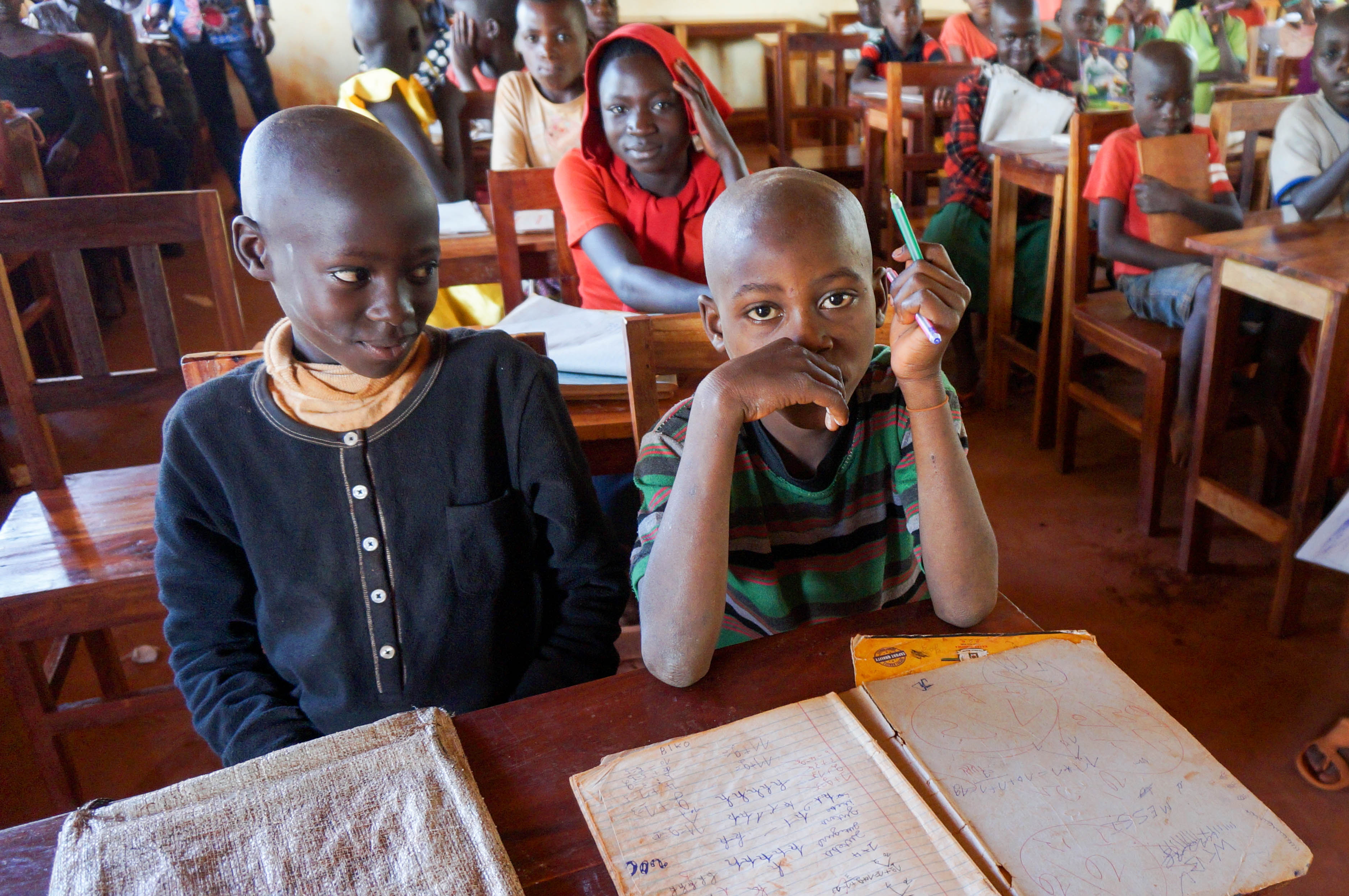
Objectives
The Never Too Late to Learn project facilitated and enhanced quality alternative education (AE) and early childhood care and development (ECCD) programmes. Through these efforts, the project reached 9,846 Burundian refugee children in Tanzania, as well as internally displaced and returnee children in the Democratic Republic of the Congo, with a particular focus on out-of-school children and girls.
Implementation
The project activities were designed to empower children enrolled in ECCD, AE, and formal schools with the skills to influence and advocate for their own protection. These activities included outreach to out-of-school children, child protection sensitisation and life skills training, and the establishment of community structures such as child protection committees. Additionally, protection services, referral and reporting mechanisms, classroom rehabilitation, improvement of learning environments, and the provision of gender-sensitive latrines and safe water facilities were implemented.
A comprehensive teacher professional development (TPD) programme was central to improving the quality of AE and ECCD provision. Teachers received training on teaching methodologies, psychosocial support, child protection, lesson planning, and delivering a catch-up/accelerated curriculum.
The project also included a research component to build evidence on academic resilience and to capture good practices for conflict-sensitive education and the provision of accelerated education.
Results
‘Government-affiliated schools were not helping us and children were dropping out because families like mine could not afford to pay school fees. NRC came to support our children as not everyone can pay for their child at these public schools.’ — Mother, Nkokwe, DRC
Student outcomes
- Accelerated education programmes: 7,158 learners (55% girls) were given access to accelerated education programmes in a safe learning environment. Of these, 75% completed the AE programme and 65% passed the final level exam.
- Early childhood education: 2,688 vulnerable children (52% girls) aged 3-5 years were given access to early childhood education.
- Learning improvements: In DRC, learning outcomes in foundational reading and math improved substantially. In Tanzania, nearly all measured aspects of children’s social and emotional well-being showed improvement.
‘Last year we had children upgraded to the 7th grade at Ntamugenga Secondary school, they are performing with distinction!— Teacher in Buhuri, Tanzania
Improved teaching
- Professional development: 166 teachers in Tanzania (30% female) and 230 teachers in DRC (80% female) received professional development training.
- Skill replication: 76% of teachers were able to replicate pedagogical skills covered during training.
- Improved conduct: Evaluation and research found evidence of improved teacher conduct and a reduction in negative teacher behavior.
‘The teacher thanked me for solving a problem on the classroom board and told other students to clap for me as I got the problem right. I felt very happy.’ — Boy, Mutovu, DRC
Improved learning environments
- Safety and conduct: The project evaluation noted improved safety at school and better conduct among teachers.
- Protection needs: 80% of teachers, education staff, and community structure members showed increased knowledge and skills to address the protection needs of girls and boys.
- Parental involvement: There were improvements in parental involvement in early childhood education and positive parenting, alongside strengthened capacity for ECCD supervisors and facilitators.
Strengthened education systems
- Local government relationships: Project partners developed strong relationships with local governments, leading to some institutionalisation of AE in non-project schools in both DRC and Tanzania.
- Conflict-sensitive education: Training on conflict-sensitive education and contextualisation of INEE (Inter-agency Network for Education in Emergencies) Minimum Standards for Education in Emergencies were valued by local authorities.
- Collaboration: In DRC, there was strong collaboration with the Ministry of Education and Social Affairs, government inspectors, and provincial adoption of learning assessment tools.
Partners
- Lead implementing partner: Norwegian Refugee Council
- Warchild UK
- Child Resilience Alliance
- Mouvement International des Droits de l’Enfant, de la Femme, de l’Homme Veuf et de leur Promotion Sociale (MIDEFEHOPS)
- Babawatoto Centre for Children and Youth Trust
- Inter-agency Network for Education in Emergencies (INEE)
- Empatika
- Stats4SD
- Project duration
- 1 Mar 2018 - 30 Jul 2022
- Project locations
- Democratic Republic of the CongoTanzania
- Overall budget
- €6 250 000
- EU contribution
- €5 000 00080% of the overall budget
